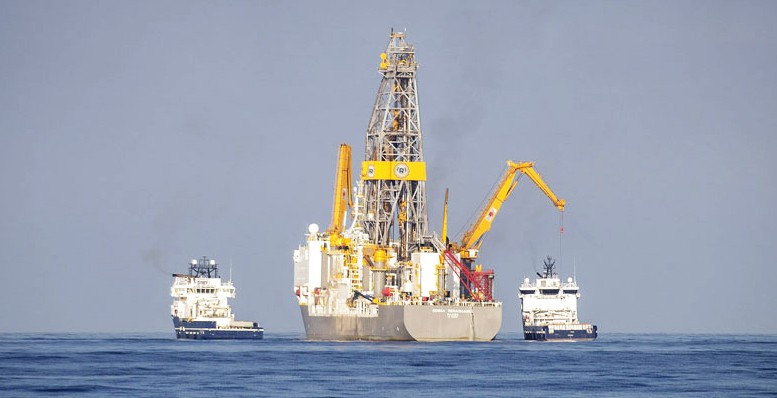According to Infobolsa data, Mr Antonio Brufau’s company was the most affected by the cut in the oil price, with a fall higher than 23% since last July (when the barrel was at $100). Repsol was trading at €14.9/share on Friday morning, a stock price fall of almost -20%. As a matter of fact, if this trend continues and Repsol goes below €14, it will reach minimum levels in two years.
However, some market watchers look beyond the obvious data.
“We consider that Repsol has been excessively penalised. We cannot forget that the firm is also benefited from the fall in the oil price regarding the refinery margins,” Antonio Zamora, analysis director at Banco Madrid, explains.
“Over the course of this year, we may see a significant improvement of Repsol’s performance, because of the purchase of the Canadian Talisman -among other things,” Mr Zamora adds.
Experts at Banco Sabadell agreed:
“The acquisition of Talisman will have a neutral impact in the price on the shot term, and negative but limited on the earnings per share (between -1% and -4%). We positively value the operation in terms of strategic fit in the future: greater dimension and growth.” Our latest market consensus also agree with this: its target price is at €22.84.
However, there is another obstacle for the firm: if the barrel price stabilizes below $60, some of the deposits might reach minimum profitability thresholds. Market watchers at Cortal Consors rule out this scenario:
“In the second part of 2015, we see a recovery of the oil prices, which will reach $65 per barrel by the end of the year. We don’t see any juncture that justifies a price below $50,” strategy director at Cortal Consors Estefanía Ponte affirms.






Be the first to comment on "Is Repsol being excessively penalised?"